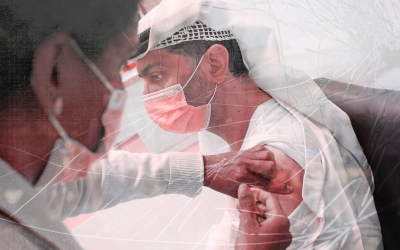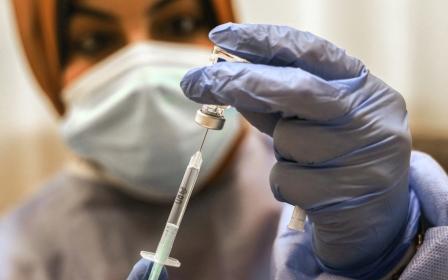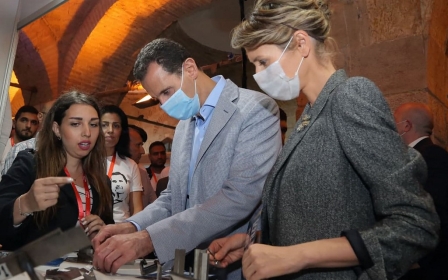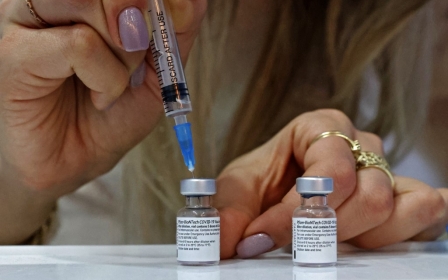Covid-19: US, UK and EU's excess vaccines enough for 20 crisis-stricken countries
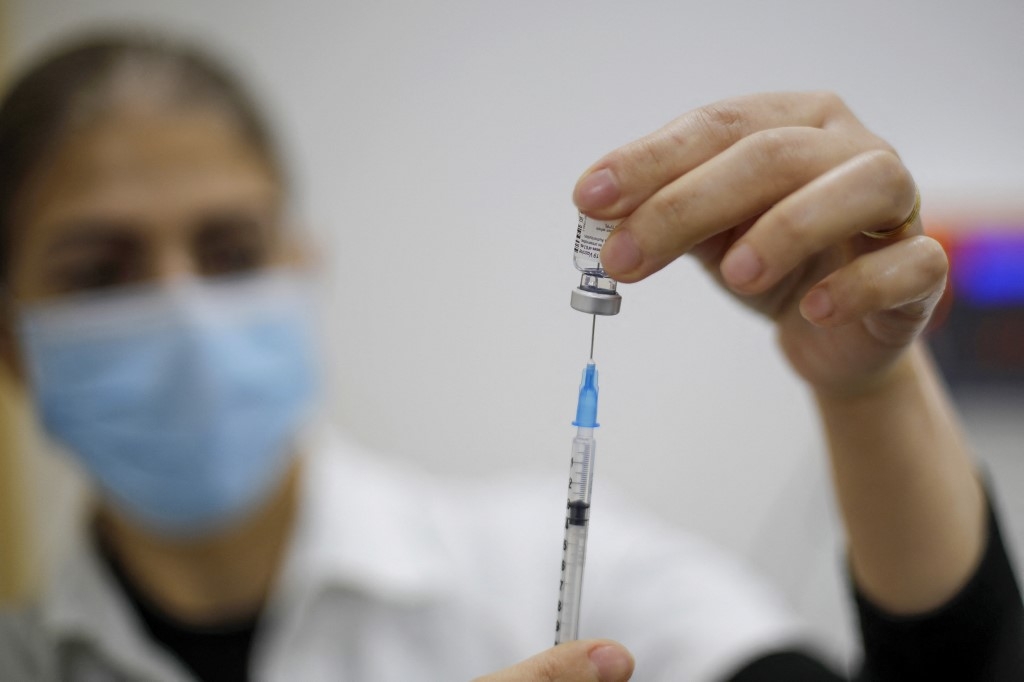
The number of excess Covid-19 vaccines secured by the United States, the United Kingdom and the European Union could cover the needs of 20 conflict and disaster-stricken countries, the International Rescue Committee (IRC) has said.
The US-based NGO said in a report on Wednesday that the US, UK, and EU had pre-purchased enough Covid-19 doses to vaccinate their populations more than twice over.
The excess doses could vaccinate all people above the age of 16 in several countries on the IRC's watchlist, including Syria, Yemen and Ethiopia.
As many as 46 million people aged over 60 in these countries are at immediate risk from the disease and unlikely to be vaccinated this year, the IRC has said.
"As the pandemic continues to claim lives and destroy livelihoods worldwide, with variants now arising in several countries, the wealthiest countries have continued purchasing enough doses to cover their entire populations several times over - highlighting and exacerbating the extreme inequality faced by people living in conflict and crisis," IRC president and CEO David Miliband said in a statement.
Miliband added that less than five percent of vaccines from the World Health Organisation's (WHO) COVAX scheme will reach countries listed by the IRC as "most vulnerable". He warned that "many people in these countries risk not receiving a vaccine for years".
"It is time for wealthy governments to realise that Covid will not be beaten anywhere until it is beaten everywhere," he said.
"Now is the time for bold action: commit to share excess vaccine doses and to provide the financial support needed to help low-income countries actually distribute the doses once received - or risk pushing the end of this pandemic even further out of sight."
The IRC urged the international community to support health systems in crisis-affected countries, as well as ensure that vaccines reach those in need.
Share vaccines with poorer countries
As the countries scramble to vaccinate populations against Covid-19, humanitarian organisations and activists have voiced increasing concern about inequality in vaccine distribution.
In the Middle East, countries devastated by conflict - like Yemen and Syria - face an uphill battle in vaccine rollout, while Israel has been accused of "vaccine apartheid" in the occupied Palestinian territories.
Political elites in Tunisia, Lebanon and other states in the region have also been slammed for securing foreign vaccines ahead of the general public.
According to WHO data obtained by MEE, only 14 out of 21 countries in the Eastern Mediterranean region have received vaccines, amounting to little more than one percent of the population of the entire region.
The United Nations on Thursday released a call for vaccine equity, highlighting that 10 rich countries "possess nearly 80 percent of all Covid-19 vaccines".
"If the world's scientists were able to develop safe and effective vaccines in just seven months, the aims of [the] world’s leaders must be equally record-breaking - to provide enough funding and to ramp up manufacturing to enable everyone on earth to be vaccinated," UN under-secretary general for global communications Melissa Fleming said in a press release.
The IRC noted that while some countries, like the UK, have committed to sharing surplus doses with low-income countries, "they have not released any details as to how many doses or when they will be shared.
"First, we are seeing a wave of vaccine nationalism as high-income countries mass-purchase vaccines to cover their own populations several times over," Alicia Adler, IRC's health policy and communications specialist, told Middle East Eye.
"This is deeply alarming and will lead to deep global inequities in who can access the vaccine.
"Second, production is a big issue. While high-income countries have reserved hundreds of millions of doses of the vaccines, that doesn’t mean those doses have been produced yet. Inevitably, we are seeing these high-income countries wait to share excess doses until all of their eligible populations have been covered."
Adler also noted that the emergence of new virus variants has created additional complications, as countries are considering "whether they will need more of their pre-purchased stock for additional booster shots for their populations".
Middle East Eye delivers independent and unrivalled coverage and analysis of the Middle East, North Africa and beyond. To learn more about republishing this content and the associated fees, please fill out this form. More about MEE can be found here.


